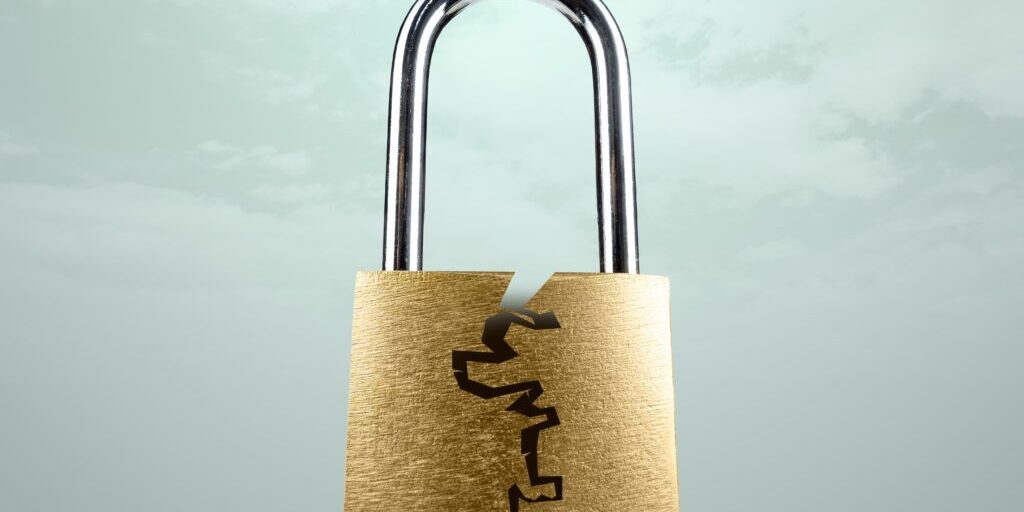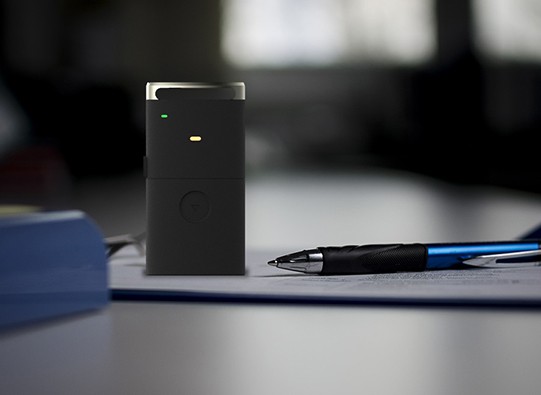
What is Password Entropy? Understanding Secure Passwords
Password strength is often an immediate point of concern. The term frequently emerges in conversations around creating secure passwords. But what exactly is password entropy, and why should anyone—be it an end-user or an IT manager—care about it? This article aims to demystify the concept and highlight its importance in enhancing cybersecurity measures and maintaining strong password hygiene.
Defining Password Entropy
Password entropy is a representation of how unpredictable a password is, typically measured in bits. The higher the entropy, the harder the password is to crack. In simpler terms, it evaluates the degree of randomness and complexity in your password, making it a crucial factor in password security.
The Mathematics
Password entropy is calculated using the formula:
Where � is the size of the character set used, and � is the length of the password.
For example, if you are using an 8-character password with a mix of upper-case and lower-case letters, the character set size (�) is 52. Therefore, the password entropy would be log2(528), which equates to approximately 45.6 bits.
Why Does it Matter?
1. Cybersecurity Threats are Evolving
According to a report by Cybersecurity Ventures, cybercrime is expected to cost the world $10.5 trillion annually by 2025. Weak passwords are often the low-hanging fruit for hackers, making it essential to understand and apply this concept.
2. Regulatory Compliance
Regulations like GDPR and HIPAA have strict requirements for data protection, including password security. A high level of password entropy can help organizations meet these regulatory standards, avoiding hefty fines.
3. Protecting Sensitive Information
For end-users, especially those in sectors dealing with sensitive data like finance and healthcare, understanding password entropy can be the first line of defense against unauthorized access to confidential information.
Practical Tips
Use a Longer Password
A straightforward way to increase entropy is to make your credential longer. Every additional character exponentially increases the entropy.
Diversify Character Sets
Use a mix of upper-case letters, lower-case letters, numbers, and special characters to increase the size of the character set (�), thereby boosting entropy.
Avoid Dictionary Words
Hackers often use dictionary attacks to crack credentials. Using random combinations of characters rather than words increases password entropy.
Leverage Two-Factor Authentication
Although not directly related, two-factor authentication (2FA) adds an additional layer of security, making it harder for attackers to gain access even if they crack your credential.
Conclusion
It’s more than a buzzword in the cybersecurity world; it’s a quantitative measure of your credential’s strength that everyone should understand and apply. Both organizations and individual users can significantly mitigate the risks associated with cyber threats.
See GateKeeper Enterprise advanced MFA in action.
Take a self-guided tour of how you can evolve from passwords. Then you're really saving time with automation.




